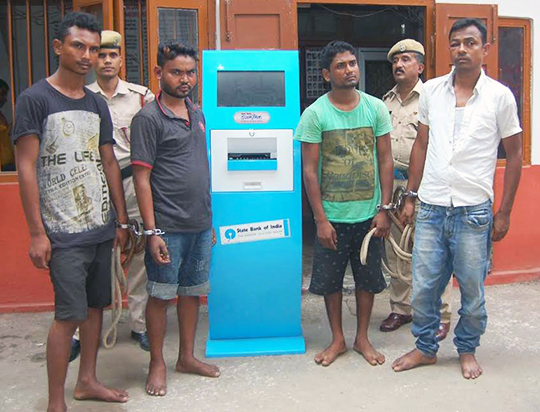Bengaluru, Jan 13: Days after indicating that he may not travel to Davos to attend the World Economic Forum later this month, Chief Minister B S Yediyurappa on Monday said he will be attending the global meet, and that the expansion of his ministry will take place before his foreign tour.
Reiterating that he will keep the promise of making disqualified legislators who have won bypolls on BJP ticket as ministers, he said ministry expansion will happen soon after his meeting with party national president Amit Shah on the matter. "There is no truth in speculations that are going on regarding the cabinet expansion, in fact, Amit Shah had given me time for meeting today in Delhi, but I had to attend important programmes here.
Tomorrow if possible I will cancel all my programmes and will go to Delhi, and get cabinet cleared, there is no problem in that," Yediyurappa said.
Speaking to reporters here, he said the legislators who have won in the bypolls need not worry about the speculations.
"I will fulfil the promise that I have made. If Amit Shah is available I will try to go to Delhi tomorrow. If not he is coming here (Karnataka) on January 17 and 18, will get things cleared and expand the ministry," he said. Yediyurappa had earlier said he will be going to New Delhi probably on January 11 or 12 to discuss cabinet expansion with the BJP high command. However, on Saturday, he said he has decided to discuss the exercise with Shah during the latter's visit to the state next week.
Shah will be here to address a huge rally at Hubballi on January 18 as part of the BJP's nationwide outreach programme to create awareness among the people about the Citizenship Amendment Act.
To a question about his visit to Davos, Yediyurappa said "everyone is persuading me to go, so I have decided to go. As I'm being sent by the central government, so I will have to go, and I will go and come." Yediyurappa along with Union ministers Piyush Goyal and Mansukh Mandaviya as well as chief ministers - Amarinder Singh (Punjab), Kamal Nath (Madhya Pradesh) are among those expected join over 100 Indian CEOs in the Swiss ski resort town of Davos later this month for the WEF's 50th annual meeting.
The Chief Minister, however, had last week, indicated that he may not travel to Davos.
Rubbishing reports about the Ministry expansion after Delhi assembly polls, he said there is no connection between the two.
"I will talk to Amit Shah in a couple of days and immediately take up ministry expansion after that, there is no need for anyone to worry, and there is no truth in certain media reports," he said, adding that expansion exercise will be completed before his Davos visit.
The Chief Minister is likely to travel to Davos on January 20, according to sources.
According to reports, disqualified legislators who got re-elected during the December 5 bypolls on BJP ticket and are all set to become Ministers too had put pressure on Yediyurappa to expand the cabinet before the Davos visit.
As the Chief Minister has already made it clear that 11 of the disqualified JDS-Congress MLAs who got re-elected in the bypolls on BJP tickets will be made ministers, lobbying has been on within the party for the remaining ministerial berths.
Currently, there are 18 Ministers, including the Chief Minister in the cabinet that has a sanctioned strength of 34.
However, with reports that the high command may not be keen on making all the 11 re-elected legislators, whom Yediyurappa has given assurance, as Ministers, it remains to be seen how things turn out.
Cabinet expansion will not be an easy task for the Chief Minister as he will have to strike a balance by accommodating the victorious disqualified legislators as promised and also make place for old guards, upset at being "neglected" in the first round of the induction exercise.
He also has to give adequate representation to various castes and regions in his cabinet and also deal with allocation of key portfolios.








Comments
All are Bangalies, chop their hands
Add new comment